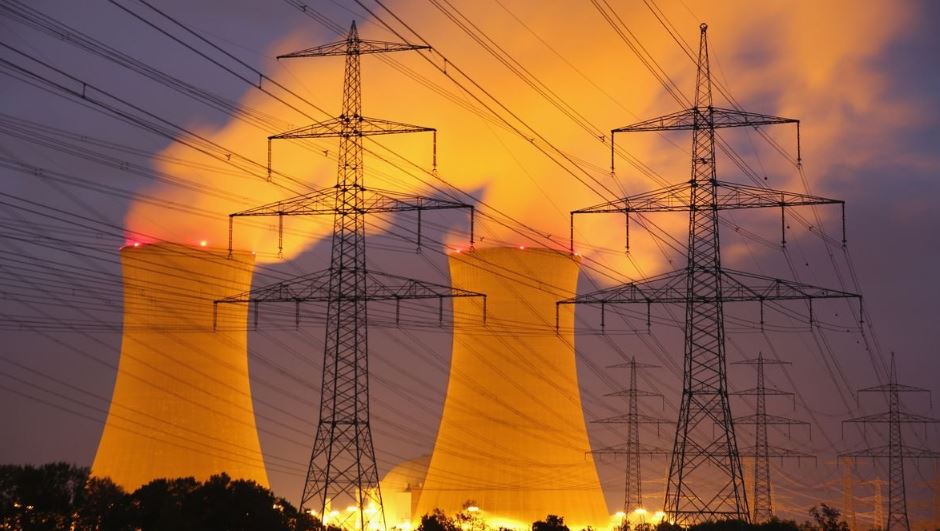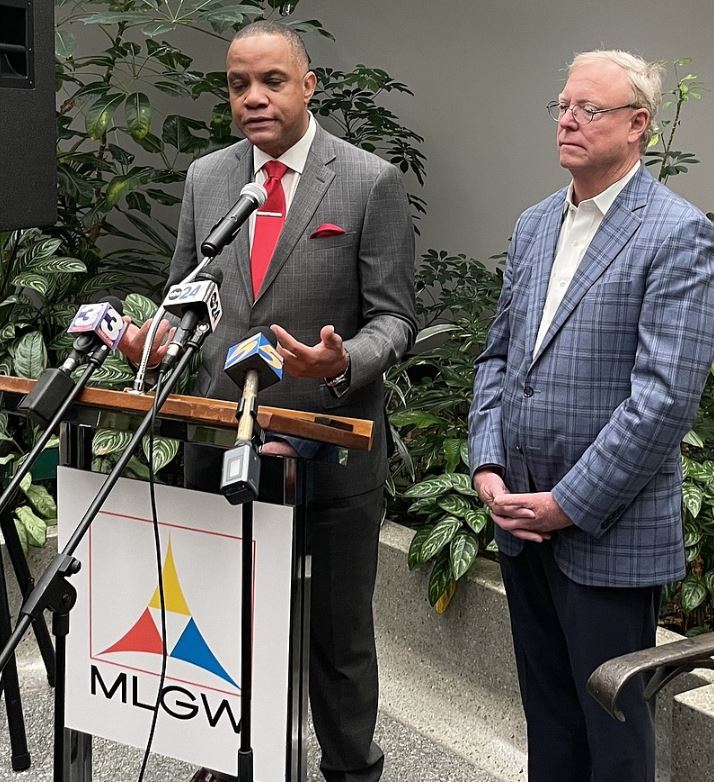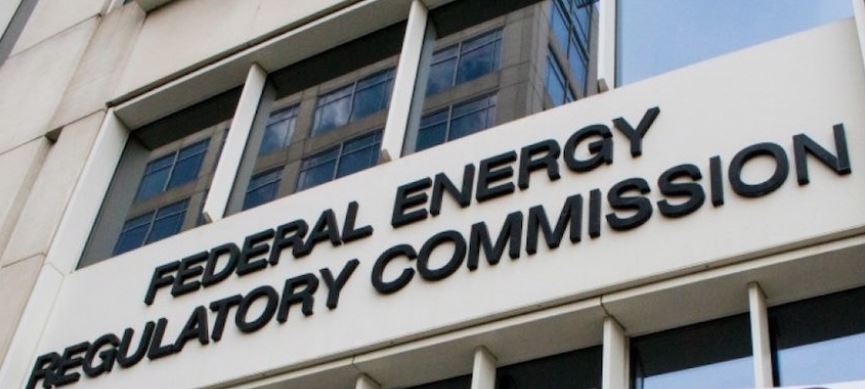By Renewable Energy World:
The Federal Energy Regulatory Commission (FERC) issued “new mandatory standards for inverter-based resources (IBRs) in an effort to enhance the reliability of the bulk electric system. IBRs are solar photovoltaic, wind, fuel cell and battery storage resources that use power electronic devices to change direct current power to alternating current power, to be transmitted on the bulk-power system.
In its November 17 action orders, FERC focused on three IBR-relateded actions:
- An order directing the North American Electric Reliability Corp. (NERC) to develop a plan to register the entities that own and operate IBRs;
- A Notice of Proposed Rulemaking to direct NERC to develop reliability standards for IBRs that cover data sharing, model validation, planning and operational studies, and performance requirements; and
- An order approving reliability standards that are related to IBRs, which NERC proposed earlier in 2022.”
Continue Reading…






